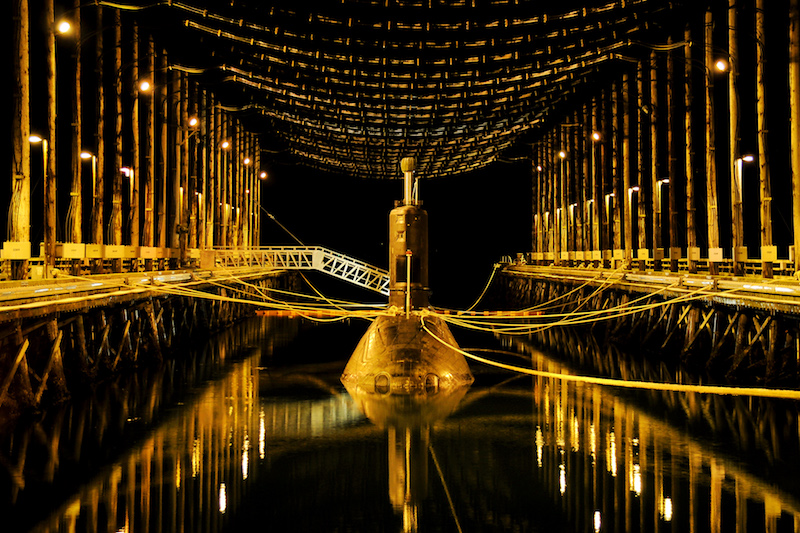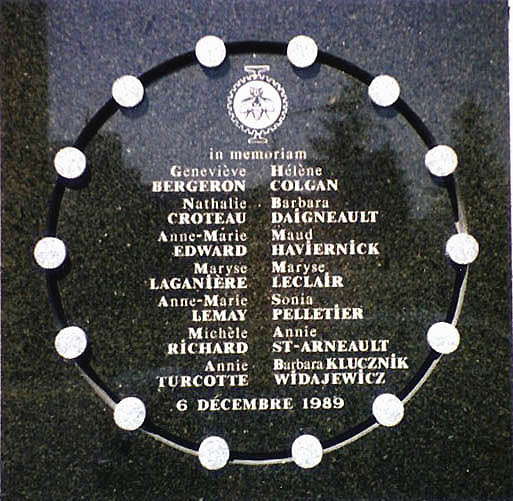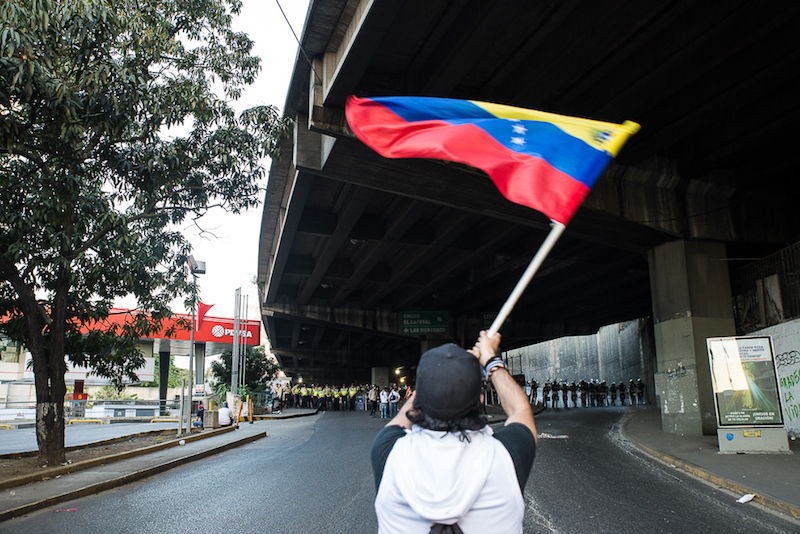On June 21, 2016, the world heard the first sentence to punish rape and murder by the ICC. The former Congolese Vice-President, who led the Congolese Liberation Movement (MLC), Jean-Pierre Bemba Gombo, was sentenced to 18 years for war crimes, 18 years for crimes against humanity and 16 years for other crimes, which he will serve concurrently for 18 years. Although a record-breaking sentence for the ICC, Bemba will only be serving 18 years since most crimes overlap between several sections and he has already served detention from 2008. Bemba was found guilty pursuant of:
Article 7 (1)
(a) murder as a crime against humanity
(g) rape as a crime against humanity
Article 8 (2)
(c) (i) murder as a war crime
(e) (vi) rape as a war crime
(e) (v) pillaging (stealing with the use of violence) as a war crime
Soon after the issued warrant in 2008, Bemba was arrested in Belgium and transferred to ICC’s custody, where his trial was initiated in November 2010. The ICC observed the crimes committed under Bemba’s control during a conflict in Central African Republic (CAR) between 2002 and 2003. This is the first time the ICC convicted anyone of rape and command responsibility. Therefore, there is now legal international precedent that confirms the legitimacy of punishing perpetrators of rape and holding leaders accountable if they do not take necessary precautions in restricting war crimes, and crimes against humanity committed by their subordinates.
In the presence of more than 5,200 victims, the prosecutors asserted that Bemba “knew that the troops were committing crimes and did not take all necessary and reasonable measures within his power to prevent or repress their commission”. The summation of evidence included this grave description of the atrocities committed, “MLC soldiers by force knowingly and intentionally invaded the bodies of the victims by penetrating the victims’ anuses, vaginas or other bodily openings with their penises,” where family members were often forced to watch. It is unfortunate that it is only this year that atrocities of this kind have been confronted. However, it is the necessary initial step towards finally acknowledging the existence of these crimes, punishing the offenders, and ensuring security.
The main objective of the case was to prove if Bemba had knowledge of crimes being committed by his subordinates and if Bemba carried out any resistance to the crimes being committed by his troops. During trial, Bemba’s defence counsel, led by Kate Gibson, argued that her client did not have control over his 1,500 troops. Furthermore, Gibson also attempted to argue that there was not enough evidence to convict Bemba beyond a reasonable doubt, because there was insufficient proof that his orders were carried down to the soldiers. However, the legitimacy of the defence arguments deteriorated when allegations of bribery and obstruction of justice emerged.
Spending almost 8 years fighting for the victims of Bemba’s actions, Fatou Bensouda, the leading prosecutor, had collected 1,219 written and 277 oral statements. Only 733 items were selected by the court, totalling 5,724 pages of documents as evidence against Bemba. The Chamber also processed 77 witnesses and 3 victims throughout 330 working days. Yet, the defence counsel is still seeking an appeal for a mistrial, which is likely to be dismissed.
Processing Bemba through trial and delivering justice is an essential component of international order. Due to this international legal process, 5,229 victims will be able to receive reparations pursuant to Article 75, and the established legal precedent has now shown that rape will not be tolerated. Similarly, recent allegations of misconduct by the Chad dictator, Hissane Habre, have called for unprecedented statements from the victims. Usually, it is taboo by Chadian norms to discuss these matters, especially in public, but it seems that the climate has shifted to protect victims of this horrific crime.
Skeptics constantly argue the ineffectiveness and financial burden of the ICC. Nonetheless, there is no other international power with the ethical, impartial and legitimate decision making of the ICC that can persecute malevolent individuals who endanger the world we live in. Although the ICC consumes a $150 million annual budget, it is an operational international organ that, through jurisdictional consent, applies fair judgement to secure global peace and order, rather than controversial unilateral decisions driven by national interest. Without an institution like the ICC, there would not be assurance of fair proceedings to determine, beyond a reasonable doubt, the guilt of wrongdoers. Moreover, as seen in this trial, the ICC is not a mediator of nations, but focuses specifically upon the perpetrators and victims of the crime. Although the ICC surely does need to improve its structure and enforcement effectiveness, Bemba’s sentence proves, once and for all, the necessity of such an institution.
Photo: Courtesy of Bryan Turner via Flickr. Licensed under CC BY 2.0.
Disclaimer: Any views or opinions expressed in articles are solely those of the authors and do not necessarily represent the views of the NATO Association of Canada.




